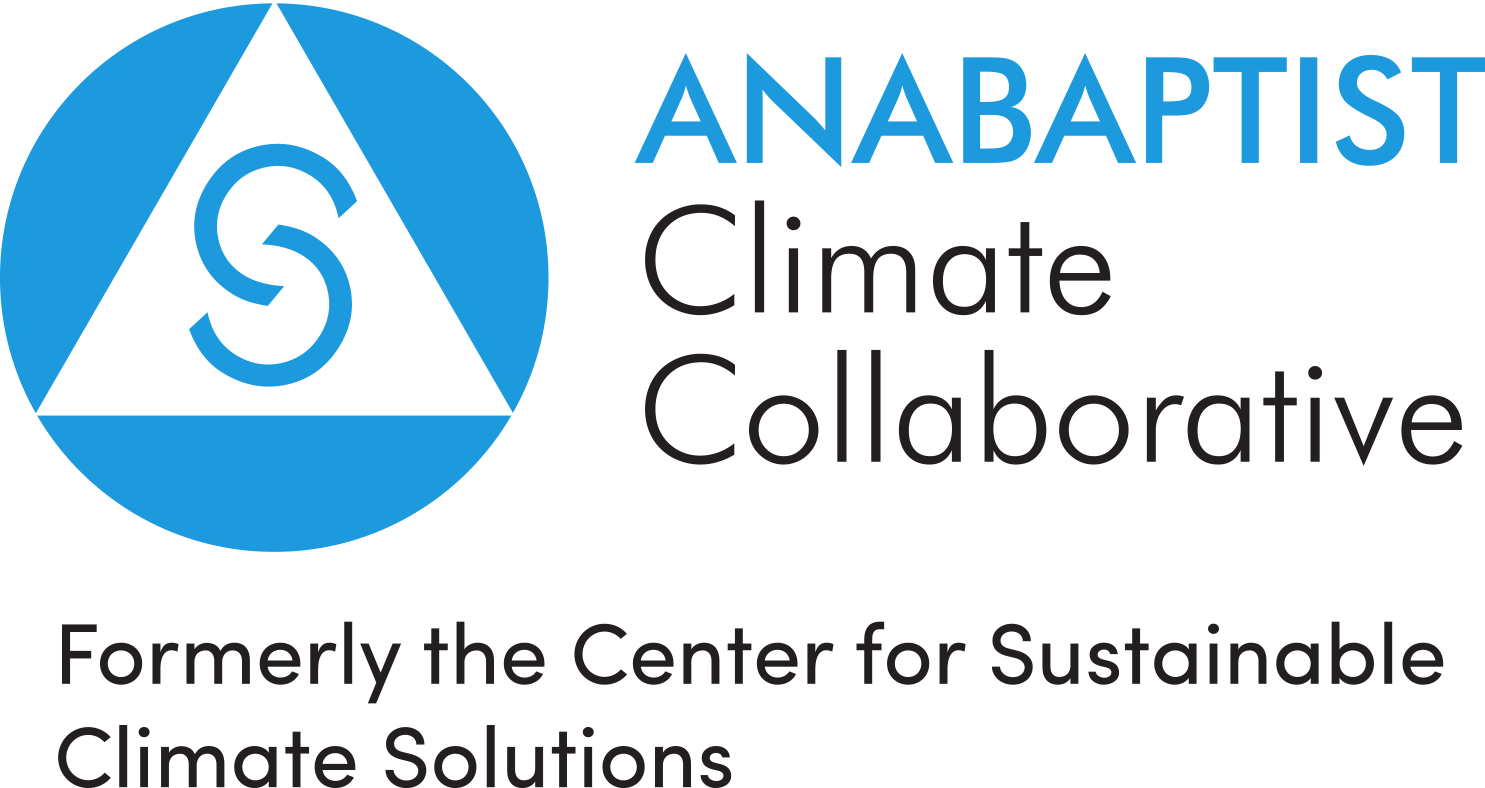 It was a privilege to listen in to the CSCS March 2017 consultation, albeit across the broken internet connection from East Africa. While my participation was intermittent and distant, it was clear that there was enthusiasm and good ideas coming out of that time. It’s encouraging to see the good people that came together on this common interest, and I look forward to working more with them. The consultation raised many good questions for reflection. I’ve included thoughts here on two general points.
It was a privilege to listen in to the CSCS March 2017 consultation, albeit across the broken internet connection from East Africa. While my participation was intermittent and distant, it was clear that there was enthusiasm and good ideas coming out of that time. It’s encouraging to see the good people that came together on this common interest, and I look forward to working more with them. The consultation raised many good questions for reflection. I’ve included thoughts here on two general points.
First, the question “What is our niche?” was raised in several forms. My impression is that the first year teams in discussions with many people have done an excellent job in helping to define a focus to the project, and that focus has evolved to be on the Mennonite Church in three contexts: congregations, pastors, and students. This helps guide the center with activities; I’m also interested in what this means in terms of positioning ourselves with respect to other organizations working on climate issues. What exactly is our niche in the broader landscape? Much as there are many other good liberal arts institutions besides EMU and Goshen, or many other good development agencies besides MCC, there are many organizations doing great work with climate issues. It seems to me that CSCS will be most effective if we make a priority of networking with other organizations. This will not only guide CSCS in our work, but help others benefit from the good work coming out of CSCS. If, for example, we articulate a novel approach to climate issues based on Anabaptist principles, or can demonstrate a particularly effective way of working with churches in general – then we have something to contribute to other organizations that have similar goals. In short, ideally we would have a well-focused and manageable activity plan, the results of which ripple out beyond our target audiences.
Second, the question “How do we motivate people to change (views or action)?” will be at the heart of achieving good outcomes. I appreciate the attention on laying careful groundwork for this; rather than jumping in and “just doing something”, it was good to hear discussion about how to formulate an overall strategy that has the best chance of working. The initial survey was especially helpful in this regard. In my view that survey builds on the rapidly evolving understanding coming from many disciplines (sociology, psychology, neurobiology, …and any number of others) about what motivates people to change (or not). Some of the more effective organizers, scholars and communicators in climate issues (like Katherine Hayhoe, Andy Revkin, Renee Lertzman, Michael Mann… to mention a few) have a good grasp of how to effectively use these findings. My point here is that carefully consideration of what others have learned is worth the investment in order to craft an effective plan.
It’s energizing to hear and see the work coming out of the first year, especially from the perspective of East Africa where the effects of climate change are obvious to all, and where people know there is less to buffer their lives from those effects!


[…] At EMU, he teaches courses related to environmental sustainability and health. He is also the first director of the Center for Sustainable Climate Solutions, a collaborative effort of EMU, Goshen College and MCC. [Read his reflections on the new center’s mission here.] […]